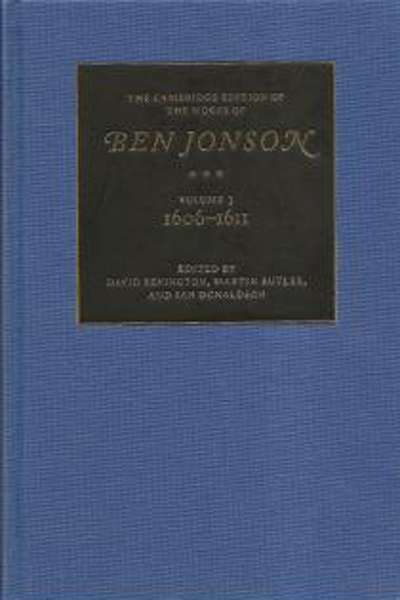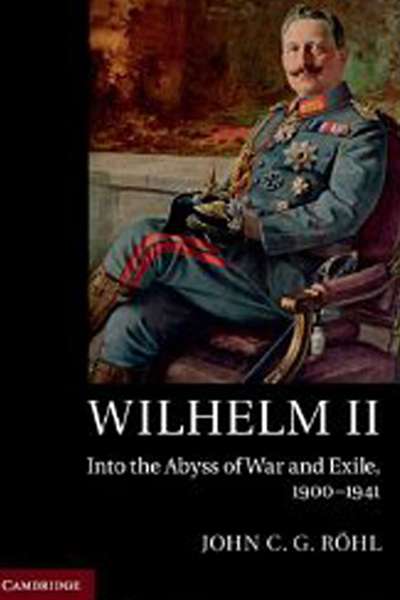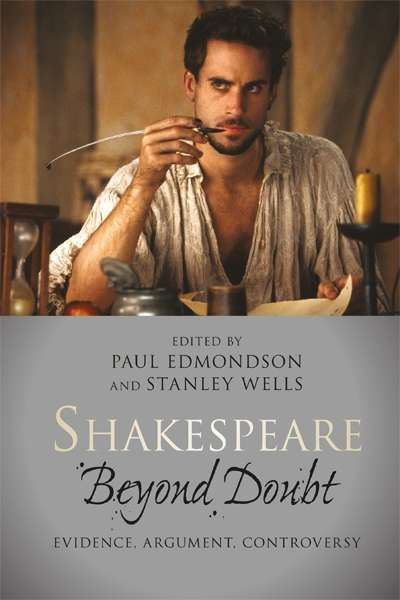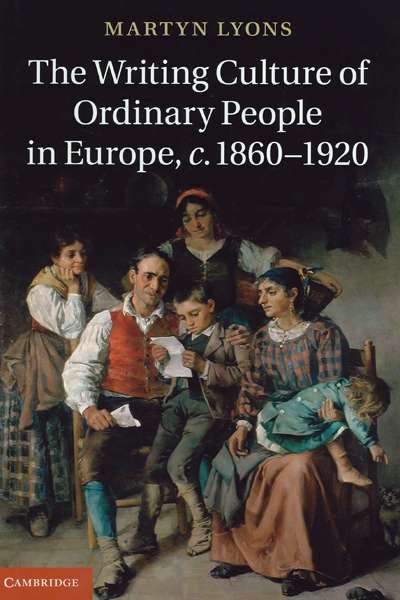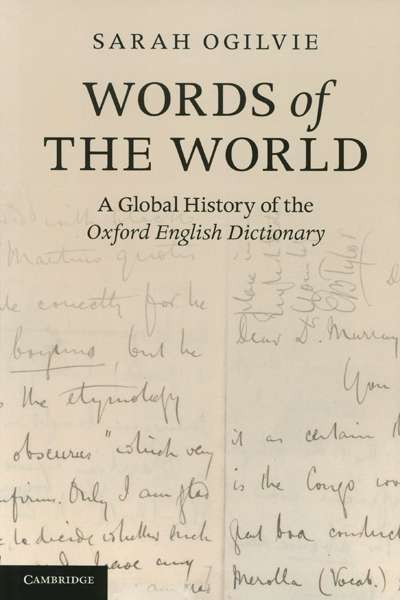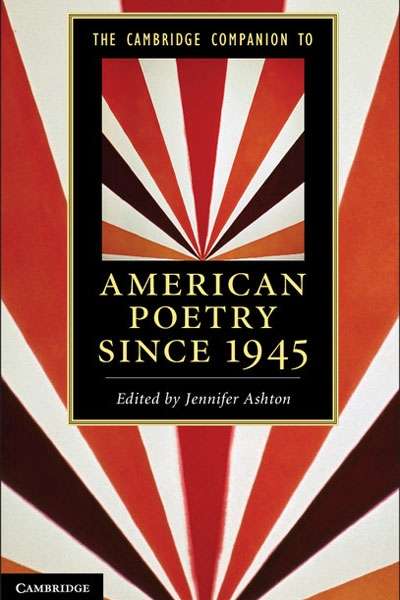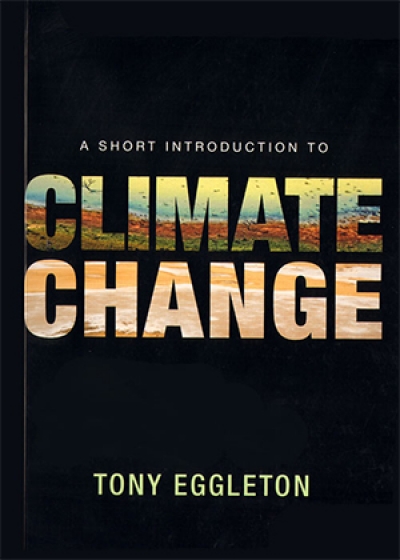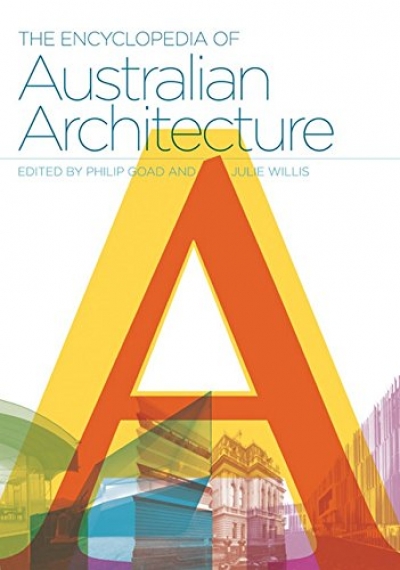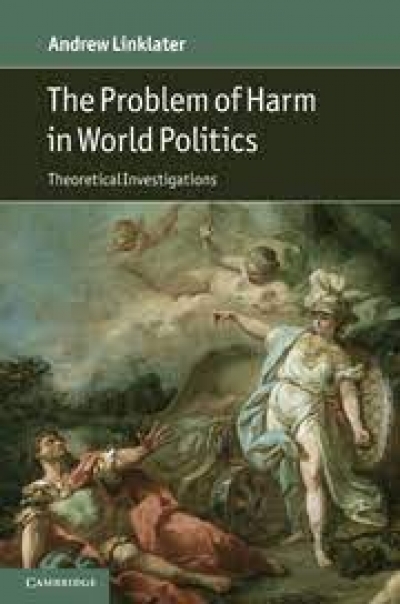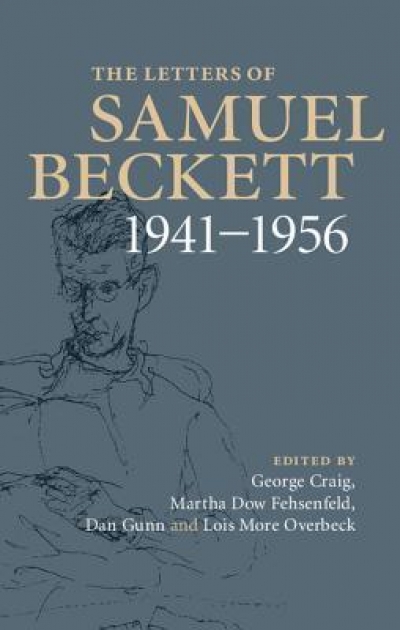Cambridge University Press
The Cambridge Edition of the Works of Ben Jonson edited by Ian Donaldson et al.
by Lisa Gorton •
Wilhelm II: Into the abyss of war and exile, 1900–1941 by John C.G. Rohl
by Miriam Cosic •
Shakespeare Beyond Doubt: Evidence, argument, controversy edited by Paul Edmondson and Stanley Wells
by Ian Donaldson •
The Writing Culture of Ordinary People in Europe, c.1860–1920 by Martyn Lyons
by Paul Pickering •
Words of the World: A Global History of the Oxford English Dictionary by Sarah Ogilvie
by Bernadette Hince •
The Cambridge Companion to American Poetry Since 1945 edited by Jennifer Ashton
by Alexander Howard •
The Encyclopedia of Australian Architecture edited by Philip Goad and Julie Willis
by Gerard Vaughan •
The Problem of Harm in World Politics: Theoretical Investigation by Andrew Linklater
by NAJ Taylor •
The Letters of Samuel Beckett, Volume II: 1941–1956 by George Craig et al.
by Michael Morley •

